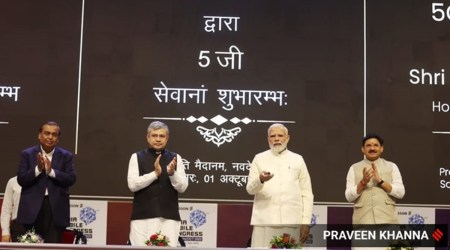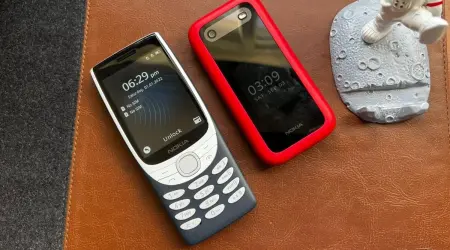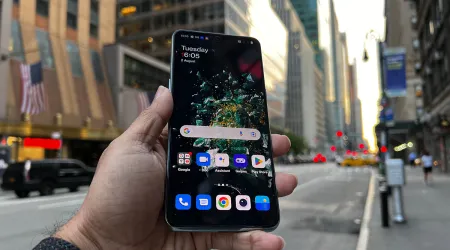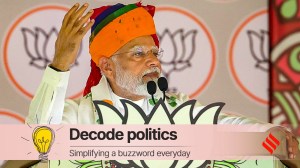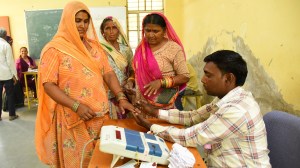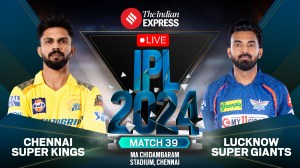- India
- International
Digital health: The silver lining in the data cloud
Major firms, startups are lining up to invest in this lucrative convergance of healthcare & technology.
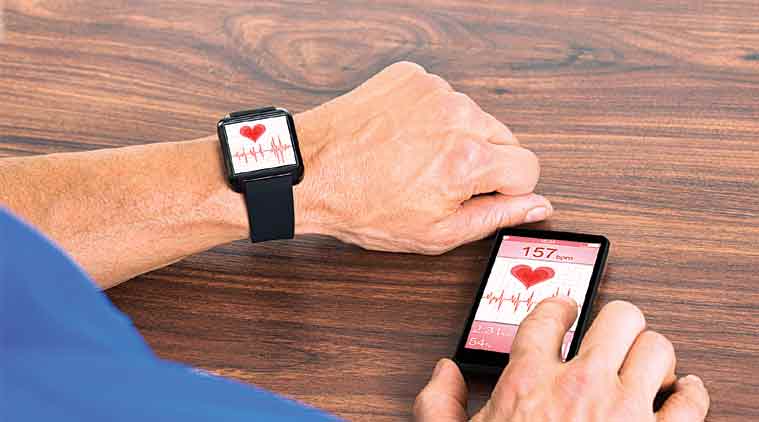 According to Accenture, Internet of Things is giving way to Internet of Me for better patient care. Health info fed to apps is analysed to give guidance to the patient and to send data to doctors.
According to Accenture, Internet of Things is giving way to Internet of Me for better patient care. Health info fed to apps is analysed to give guidance to the patient and to send data to doctors.A university professor experiences mild discomfort in his chest while taking a class, he chooses to ignore it. Shortly after, he receives a call from his caregiver requesting him to take some tests to make sure he’s well. Spooky or not, real time health sensing and recording is projected to be a $234-billion market by 2020, according to online statistics portal Statista.
Technology giants like Apple, Google and Microsoft are investing substantially in this space, and hundreds of startups are in tow. For good reasons, the early adopters of digital health tools are parents with young children, people with medical conditions and young adults under the age of 35. Although still in its nascent stage, this draw seems to stem from a mix of convenience, customisation, connectivity, low cost or simply the desire to own a cool gadget.
Digital health is the convergence of healthcare and technology to enable efficient and seamless healthcare management. In this domain, personal health tools (eg. wearables) are most popular, followed by care coordinators and telemedicine platforms.
Wearables range from ear or hand devices that measure physical parameters (eg. blood pressure, pulse, blood oxygen, muscle exertion) by Sensogram Technologies and FitBit; to sweat biosensors on smartwatch that measure biochemical parameters (eg. body electrolytes, hydration levels) by Electrozyme.
[related-post]
Bright light intake by the body has been linked to essential components of mental wellness such as hormones, energy levels, mood, digestion and sleep. Biosensors track this intake and alert in case of deficiency or overexposure (GoodLux and SunSprite). Ingestible sensors, on the other hand, are microscopic robots which transmit intake of medicine by the patient. This form of digital medicine, like the one developed by Proteus, aims to ensure drug compliance among patients with mental illnesses, like schizophrenia. While there are thousands of health apps on Google Play and iTunes to sync with these devices, soon your iPhone case might also double up as ECG during an evening walk, like the FDA approved AliveCor, for people with type II diabetes, or your urine analysed for biomarkers.

In today’s cloud network, data is wealth. Big data collected by direct investigations, voluntary medical data donations or in partnership with genomic service providers like 23andMe, is being utilised for building umpteen predictive and preventive algorithms which in turn power biosensors or enable e-clinical trials for drug discovery and development. In such a study by Intel, 300 data points were collected per second over six months to record tremors, sleep quality and slowness of movement to predict, treat and hopefully, prevent Parkinson’s disease. In another case, data on eye movements was recorded by Neurotrack to predict early onset of Alzheimer’s. Data collected may also be used to study health trends and for designing interventional programmes.
In healthcare, according to Accenture, Internet of Things (IoT) is giving way to Internet of Me (IoM) for better patient experience. Health information fed manually or electronically to ‘Mobile Prescription Therapy’ apps, like Well Doc’s BlueStar, is analysed to give guidance to the patient and send the summarised data to their physician to enable tracking of progress and review prior to their visit. This optimises time and treatment efficiencies.
Telemedicine platforms and digital clinics are extending diagnosis and treatment inside homes via video games for cognitive and motor skill evaluations. This interface also maintains electronic medical record (EMRs) which, unlike in hospital care, can be managed and shared between platforms and medical specialties for a comprehensive health evaluation without you ever leaving home! Maintenance of personal e-files also becomes easier as opposed to physical files and folders.
Healthcare system in India is under tremendous pressure due to high patient volumes making it largely inaccessible or unaffordable. Recent times have witnessed startups providing concierge medical services to narrow this gap between providers and end-users by linking information and connections with doctors, pharmacies, medical device suppliers, diagnostic labs, paramedics etc. They are also sharing records among them for a comprehensive and productive patient experience. According to Department of Industrial Policy & Promotion, FDI worth nearly $3.2 billion was received by hospitals and diagnostic labs in India in 2015.
India Brand Equity Foundation projects Indian healthcare market to touch $280 billion by 2020 clocking a growth rate of 22.9 per cent. Startups like Practo, Portea Medical, MedGenome, and Lybrate are already dominating the online market and many more are following suit. With currently 930 million cellphone users, 360 million internet users, and half a billion new smartphone users projected in the next five years, India is poised to be a lucrative market for mobile-based apps, sensors and services, especially in healthcare. Soon the doctor may, quite literally, be just a click away.
More Tech
Must Read
Apr 23: Latest News
- 01
- 02
- 03
- 04
- 05





















